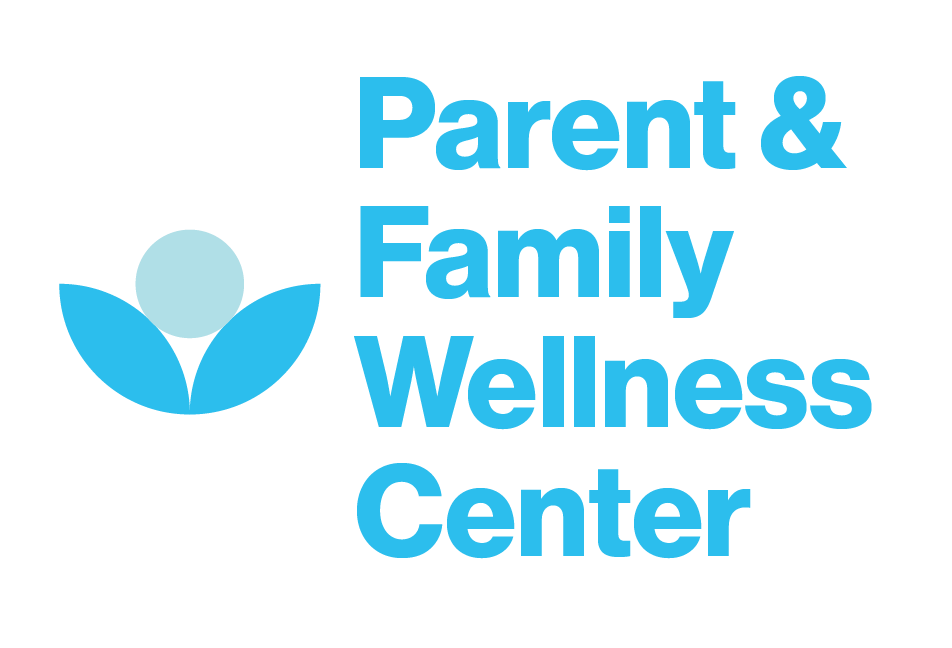7 Signs That You Have a Hormonal Imbalance - by Meghan Van Vleet, ND
Hormones are the chemical messengers of the endocrine system. Endocrine glands (for example: thyroid, adrenal, pancreas) produce hormones which travel throughout the body and regulate most of the body’s major systems. The endocrine system controls our heart rate, metabolism, mood, sexual function, reproduction, sleep cycles, stress responses, and much more. The endocrine system functions like a delicate web, and when one hormone is off, it can reverberate through many systems, as you will see.
1. Reproductive Hormone Challenges
If you have irregular cycles, skipped cycles, PMS, heavy bleeding and/or mid-cycle bleeding, difficulty conceiving, or low libido, then you have a hormonal imbalance. Additionally, if you use an oral contraceptive pill or other synthetic progestin, you also have a hormonal imbalance. You can read more about reproductive hormone health here: http://www.harmonyfamilymed.com/hormone-health-now-for-a-more-graceful-transition-later/
2. Skin and Hair Changes
Hirsuitism (male pattern hair growth in women), acne, as well as hair loss and dry skin are all suggestive of hormone imbalance. These symptoms often occur along with reproductive hormone challenges, and poor blood sugar control may also be involved.
3. Anxiety
This may be caused both by both food choices and blood sugar issues as well as stressful life circumstances or lifestyle habits. Anxiety, like several other symptoms here, can both cause and be caused by hormone imbalances. Stress, which is closely linked to anxiety, can cause fatigue, weight issues, bowel issues, and reproductive hormone issues.
4. Fatigue
Stressful life circumstances, depression, and anxiety can lead to fatigue, as can hypothyroidism and chronic illness. While it may seem obvious that hypothyroidism is a hormonal imbalance, chronic illness can lead to a hormonal imbalance while depression and anxiety can be caused by imbalances.
5. Insomnia/Difficulty getting out of bed
Both the ability to fall asleep at night as well as wake up rested in the morning are regulated, in part, by hormones. Obviously lack of quality sleep can lead to fatigue as well as anxiety. For more information on the importance of sleep see this brief blog post: http://www.harmonyfamilymed.com/sleeping-for-success/
6. Weight gain or difficulty losing weight
Chronic stress (both depression and anxiety are chronic stressors) induces your body to hold onto more weight via the hormone cortisol. Blood sugar dysregulation and hypothyroidism both can also cause weight gain via different respective hormonal pathways.
7. Irritable bowels
Hormones influence gut function partly through their effect on the microbiome (bacteria) that support every function in the gut. Importantly, synthetic hormones (see #1 above) significantly alter the flora in our gastrointestinal tract and can lead to dysbiosis, irritable bowels, and anxiety. Read here for more information on how your bowels effect your mental health: http://www.harmonyfamilymed.com/the-gut-brain-connection-the-everyday-implications-of-a-mental-health-superhighway/
My Hormonal Imbalance Runs in My Family
Many people look at their family history and think that since other members of the family experienced similar symptoms that they have inherited a tendency to a specific hormonal imbalance; that is to say that nothing can be done about it. In fact, there is lots that can be done, and it is often easier to treat when an imbalance “runs in the family” than not. Furthermore, treatments that were available to previous generations pale in comparison to how we can treat today. For example: if your doctor treats your hypothyroidism the same way your mother’s doctor treated hers, I suggest you search for a new doctor, or at least seek out an integrated practitioner for more modern, complimentary, or alternative approaches.
Tangled in The Web of Several Endocrine Imbalances
Remember, the endocrine system functions like a delicate web, and when one hormone is off, it can reverberate through many systems. More often than not, by the time someone is in my office they are experiencing more than one hormonal imbalance. I often see patients who are tangled in the endocrine web. For some, when the first endocrine imbalance occurs, either they were young and doctors prescribed drugs to mask symptoms, or for others it sometimes feels easier to ignore a symptom and power through. Over time though, several other aspects of the endocrine system become involved, and patients like this present with significant symptom lists and are often at their wits end trying to recover their health. Some have nearly lost all hope. Don’t let this be you.
If you suspect that you have a hormonal imbalance or are tangled in a web of imbalances, give me a call. I can help. 720-340-0193
Sources:
Michel Ferin, Stress and the Reproductive Cycle, The Journal of Clinical Endocrinology & Metabolism, Volume 84, Issue 6, 1 June 1999, Pages 1768–1774, https://doi.org/10.1210/jcem.84.6.5367
Kopera D, Wehr E, Obermayer-Pietsch B. Endocrinology of hirsutism. Int J Trichology. 2010 Jan;2(1):30-5. doi: 10.4103/0974-7753.66910. PubMed PMID: 21188021; PubMed Central PMCID: PMC3002408.
Sidhu S, Parikh T, Burman KD. Endocrine Changes in Obesity. [Updated 2017 Oct 12]. In: Feingold KR, Anawalt B, Boyce A, et al., editors. Endotext [Internet]. South Dartmouth (MA): MDText.com, Inc.; 2000-. Available from: https://www.ncbi.nlm.nih.gov/books/NBK279053/
Hall, Ryan C. W. “Anxiety And Endocrine Disease.” Anxiety and Endocrine Disease, www.drryanhall.com/anxiety.htm.
